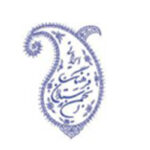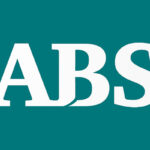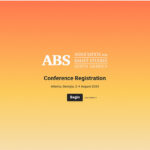Conference reframes dialogue on secular society, religion and the common good

Gerald Filson, Director of Public Affairs of the Bahá’í Community of Canada and Chair of the Canadian Interfaith Conversation, and Alia Hogben, director of the Canadian Council of Muslim Women, in a panel discussion. Photo: Bahá’í World News Service
A conference which gathered leading Canadian Scholars, public servants and civil society actors at the University of British Columbia from 22 to 24 March, explored the meaning of building a “whole society” and the constructive role of religion in the secular, public sphere, the Bahá’í World News Service reports.
The conference, “Our Whole Society: Bridging the Religious-Secular Divide”, was organized by a national steering committee representing a cross-section of civil society organizations in Canada, including the Public Affairs Office of the Canadian Baha’i Community, and attracted approximately 140 participants.
Among the speakers was Gerald Filson, Director of Public Affairs of the Bahá’í Community of Canada and Chair of the Canadian Interfaith Conversation.
“Many spoke about the importance of giving greater space in society to the positive influence which the concepts and principles of religious thinking can provide, that freedom to believe is a necessary condition in secular societies even as we safeguard the gains in social harmony and the richness of culture which pluralism brings to modern societies,” said Dr. Filson.
“In the final analysis it is the love and fellowship and an attitude that others matter to each of us which will create the foundations of a society in which all members of the human family will be able to participate in the discourses that shape society.”
Among the speakers were: Andrew Bennett, Canada’s Ambassador for Religious Freedom; Marie Wilson, a commissioner with Canada’s Truth and Reconciliation Commission; and Doug White, Director of the Centre for Pre-Confederation Treaties and Reconciliation at the University of Vancouver Island.
“We began this initiative about four years ago, when a small group of people came together out of a shared concern to articulate more clearly the positive role of religion in Canada’s public discourse,” explained Geoffrey Cameron, Principal Researcher for the Bahá’í Community of Canada and member of the conference’s steering committee.

Audience members listening to a panel discussion at the conference. Photo: Bahá’í World News Service
“We held one conference and continued working with each other and a network of others,” continued Mr. Cameron, elaborating that their dialogue sought to generate greater understanding about how society could “reconcile religion, secularism and the common good”.
The conference featured plenary sessions addressing several overarching themes: the proper role of religion in the public sphere; the merits and limits of secularism; the process of reconciliation between diverse peoples; how to define the common good in the context of religious pluralism; the scope and limits of religious freedom; and the role of youth in society.
Interspersed between these presentations were workshops where practitioners shared insights from experience.
“We need to move beyond the binary of religious versus secular, public versus private, faith versus reason, and concentrate instead on working together for the good of our whole society,” said the Reverend Karen Hamilton, the General Secretary of the Canadian Council of Churches, in the opening presentation.
Discussions on occasion explored the tension in secular societies between two aspects of religion’s place in public life: on the one hand, secularism provides an approach to governance that includes basic rights to religious liberty for the individual; on the other, when taken too far, it can restrict the role of religious perspectives in public discourse.
To read more about the different views and thoughts that were presented at the conference, visit: http://news.bahai.org/story/1048.
Category: Public discourse








